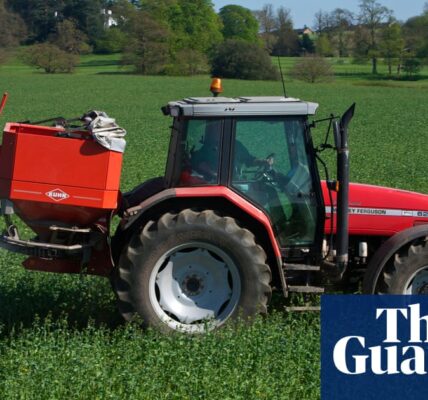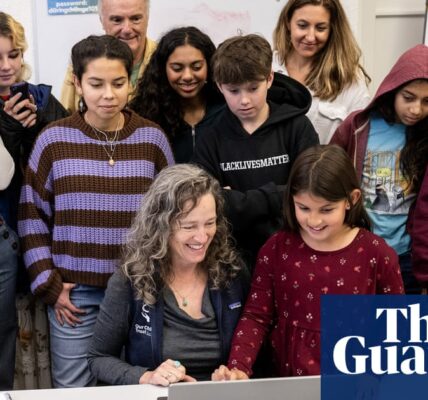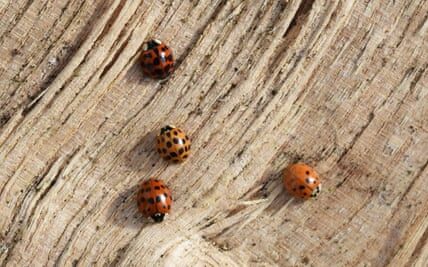“This offers genuine insight into our daily lives”: Maasai women capturing photographs of their community.
I
In the Maasai village of Esiteti, located in southern Kenya, Pilale Rikoiyan prepares a large pot of rice for her grandchildren. Although her family has become accustomed to eating plain grains when they have no other food options, preparing this meal brings back memories of a time when their homestead owned multiple cattle. The cattle provided a steady source of meat and milk, as well as income for other necessities such as produce.
Rikoiyan, who is 69 years old, reflects on the significant changes in life since then. He remarks, “We never used to work as tirelessly every day just to provide food for ourselves.”
The extended period of drought affecting the nation and the broader region of Africa has presented additional difficulties for women in pastoral communities. These women are primarily responsible for obtaining food, water, and fuel.
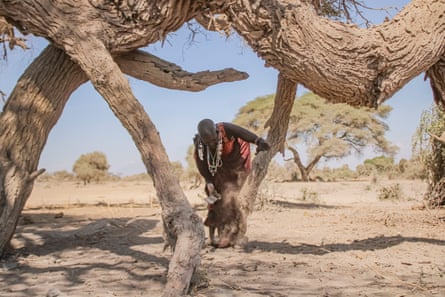
The growing care burden of these women on the frontline of the climate crisis is the subject of a recent photo series by Maasai photographers Claire Metito and Irene Naneu. Chronicling the everyday experiences of two elderly women, the photographers provide an intimate view of the increased, and often undervalued, domestic load that they shoulder.
Metito and Naneu were two of fourteen women from Kenya and Ghana who participated in a program created by Lensational, a social enterprise that empowers marginalized women to develop photography skills and capture the impact of climate change on their lives.
Metito decided to portray the experiences of her mother-in-law, Rikoiyan, because her life highlights the difficult circumstances that have become accepted as the norm, even among women. Rikoiyan and the other women in their household, consisting of seven families, put in significant effort to tend to their sick livestock and maintain their herd. However, they have faced significant losses due to the drought in recent years and are now forced to rely on goats for milk, which only provides a small portion of their usual supply.
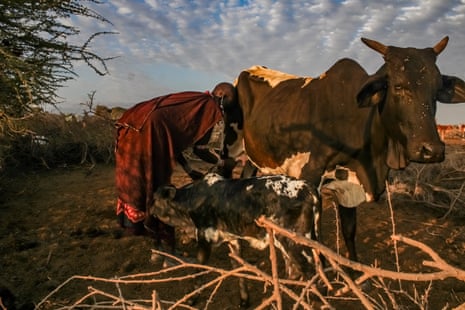
As the number of their herd decreases and concerns about having enough food increase, there is also an increase in the need for care work. With malnutrition causing children to become sick more frequently, women spend more time tending to their recovery.
Metito, a nursery school teacher and mother of four, sees Rikoiyan wake up at the break of dawn each morning to begin housework and childcare as Metito and other women in their multigenerational household trek for hours to find firewood and grazing sites for their cattle, hoping to get as much done as they can before the afternoon, when heat stress slows them down. Grasslands have thinned out due to the drought, so they need to walk several kilometres further than they used to.
“This is a real and authentic look into her life – into all of our lives,” says Metito, who lives in Rikoiyan’s homestead. “The work you see her doing is something we’re all familiar with. It is hard, but we’ve become used to it, so it’s no longer something that is seen as out of the ordinary.”
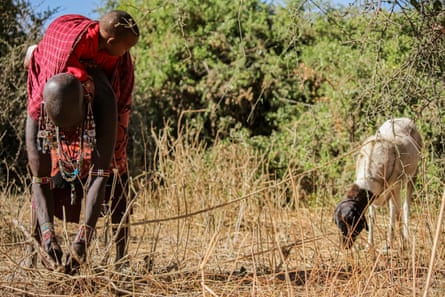
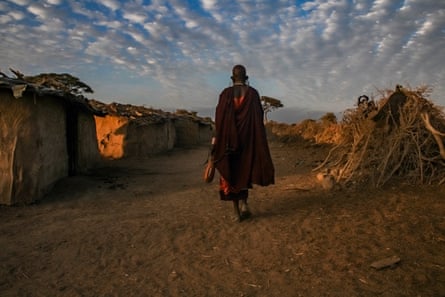
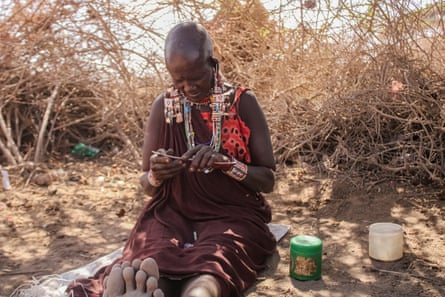
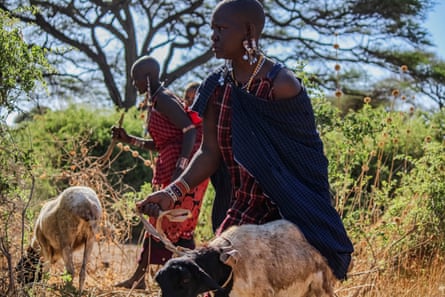
According to women’s climate groups, it is necessary for governments to offer social support systems and other means of earning a living for those whose demands and obligations have been impacted by the current situation. Additionally, there should be a focus on developing infrastructure that specifically supports women from marginalized backgrounds.
According to community members, having healthcare facilities closer to Esiteti would result in women spending less time caring for their family’s health needs. Improved roads would also make it easier for market traders to reach the village and decrease the amount of time women spend obtaining food. Due to the currently poor road conditions, traders only visit the village once a week, forcing women to make a several-hour journey to neighboring Tanzania for supplies.
Female photographers who were trained by Lensational believe that visual storytelling is a highly effective tool for their community. This community faces issues such as marginalization and illiteracy, and through photography, they are able to break down barriers that prevent their realities and perspectives from being fully seen.
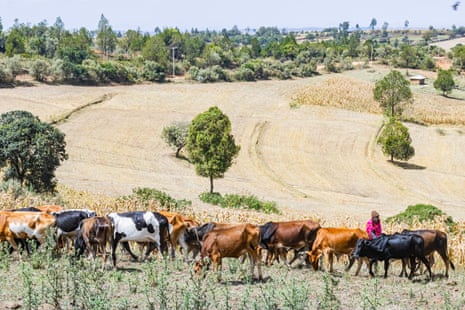
Naneu’s photographs showcase the daily life of Lenoi Mayiempe, a farmer from Narok in southern Kenya who takes care of her two grandchildren. Despite facing drought, Mayiempe has successfully maintained a large number of cattle, but struggles to access water due to the drying up of rivers and dams. Erratic rainfall patterns have made it challenging to predict a successful harvest, so she has made the decision to lease part of her land to other community members as a way to mitigate risk. After her husband passed away, Mayiempe took over management of the property, although it technically belongs to her two sons. Due to gender norms that limit women’s land ownership, they are also more vulnerable in these circumstances.
According to Naneu, women in Narok are responsible for raising cattle, fetching water, and caring for children. They manage the family’s resources, but their husbands have control over them. As a result, many women have unfulfilled needs and often endure hardships silently.
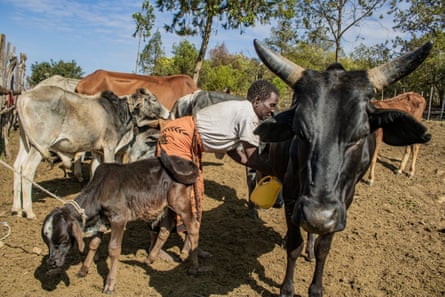
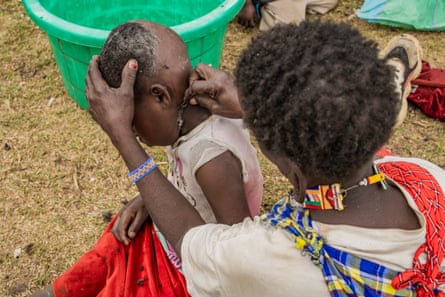
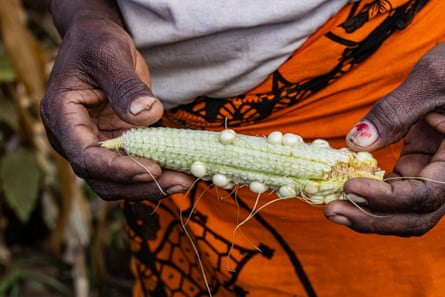
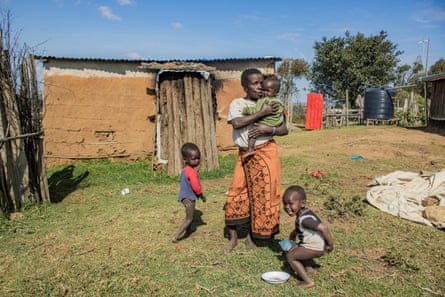
Naneu and Metito claim that their photography has given them the opportunity to capture genuine depictions of Maasai women, renewed their curiosity in day-to-day events within their communities, and provided a deeper understanding of the challenges these women face.
Naneu states that it wasn’t until they started filming and listening to the impact on people that they fully comprehended the severity of the climate change crisis.
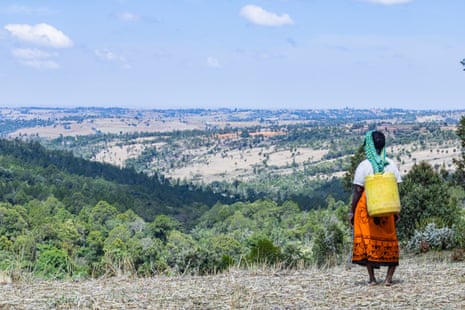
Source: theguardian.com
